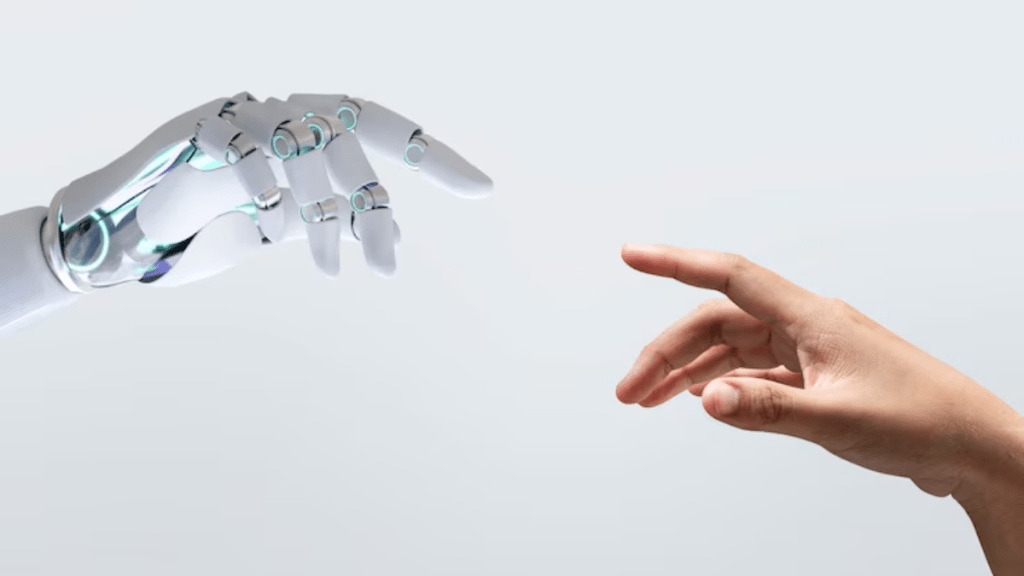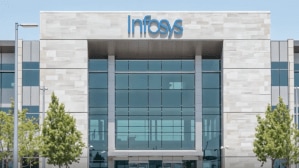By Ayush Tomar
In the current climate of rapid technological innovation, artificial intelligence (AI) is poised to revolutionize healthcare at every level. From hyper-personalized treatments to streamlined operations, the strategic integration of AI will fundamentally reshape the way healthcare is delivered. This transformation will optimize patient outcomes, drive operational efficiencies, and unlock unprecedented levels of access to quality care.
The vision for tomorrow’s healthcare is clear: diseases detected and treated in their nascency, medications tailored to individual genetic profiles, and healthcare access that transcends geographical borders. This future, propelled by the accelerating trajectory of AI, demands that we evolve today’s practices.
AI’s impact extends far beyond the realm of diagnostics. By augmenting decision-making for healthcare professionals and drastically improving workflow efficiency, AI will address the growing demand for patient-centric care. Democratization of healthcare through AI-powered telemedicine, mobile care, and advanced diagnostic tools will break down traditional barriers faced by patients.
Statista’s projection of the AI healthcare market surging from $11 billion in 2021 to $187 billion by 2030 underscores the extraordinary scale of the impending transformation across hospitals, clinics, and healthtech platforms.
Here are three pivotal ways AI will redefine healthcare:
1. Decentralized Care Orchestration
The healthcare model of the future will shift away from monolithic hospitals towards a dispersed network. Specialized clinics, outpatient centers, and in-home care will thrive, connected by a robust digital backbone. AI will be the linchpin, with real-time visibility over clinical data and service capacity across the network.
AI-powered orchestration will optimize patient care and streamline complex logistics within this decentralized model. It will intelligently route patients, match them to the most appropriate resources or facilities, and predict potential bottlenecks in the system. AI will also manage communication and coordination between different care providers within the network, ensuring seamless patient transitions and timely interventions.
2. The Ascent of Generative AI Platforms
Generative AI’s meteoric rise holds significant implications for healthcare. Its ability to create synthetic data, images, and models expands the boundaries of diagnosis, drug discovery, patient engagement, and research.
Transforming healthcare operations, generative AI platforms will transform how healthcare providers interact with information. These platforms will summarize complex medical records, simplify clinical documentation, and even craft personalized patient communications. Additionally, generative AI will power sophisticated virtual assistants designed to streamline patient interactions, schedule appointments, and provide basic health information. By reducing the burden on healthcare professionals and helping them save time on administrative tasks, AI will enable them to focus their time on what needs their expertise: patient care.
3. AI-Enhanced Diagnostics
AI is rapidly transforming medical diagnostics. Machine learning drives decision support tools and predictive models. Computer vision algorithms excel at interpreting medical images with speed and accuracy, providing insights that assist human counterparts in making better-informed diagnostic decisions.
Beyond disease detection, AI-powered analysis will play a crucial role in understanding disease progression. By identifying patterns and subtle changes in medical data over time, AI can build predictive models that forecast how a condition may evolve in an individual. This will enable highly personalized care plans and early interventions to change the trajectory of chronic diseases.
Embracing the Future of Healthcare
The potential of AI-driven healthcare is profound. It’s already making a tangible impact in underserved communities, providing remote diagnosis of life-threatening conditions made possible through accessible machine learning. The AI-powered patient experience will be defined by data-driven personalization and expanded access across geographies.
The author is healthcare AI researcher









